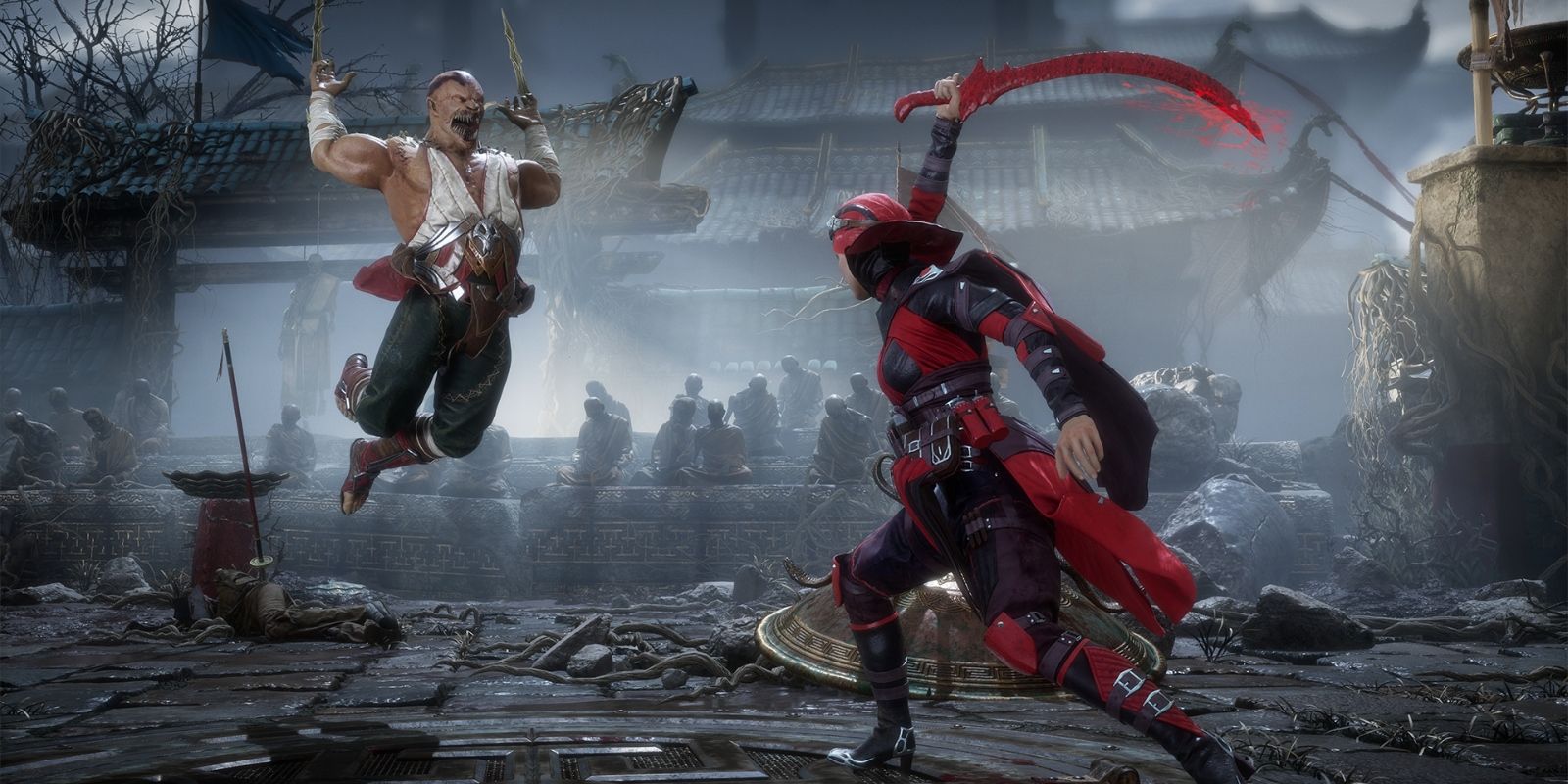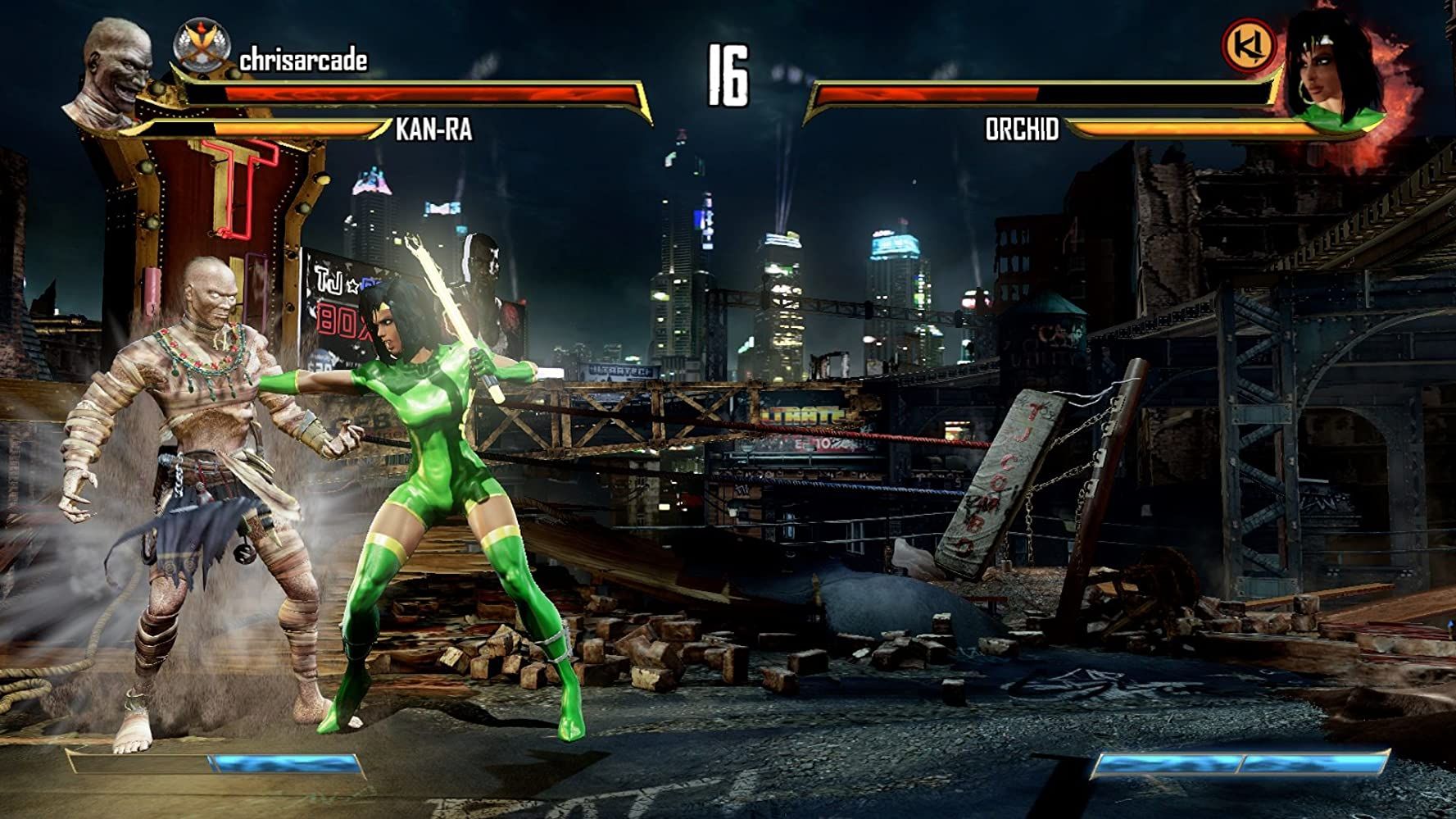Due to the COVID-19 pandemic cancelling most of the gaming tournaments that were supposed to happen this year, the fighting game community has been relegated to online-only event. This shift has caused a renewed focus on the implementation of "rollback netcode." This term has been bouncing around the FGC for a long time, especially in regards to games that are notorious for their poor online experiences.
For those that don't know, netcode is a broad term used to describe online play in video games. When gamers talk about their online play suffering from lag or latency issues, it is a result of bad netcode. While all online games can suffer because of this, fighting games suffer the most due to the need to execute precise inputs and button combinations in order to perform moves, which can be near impossible if lag prevents players from doing so.
Many fighting games use delay based netcode for their online modes, which waits for the input to be received by the other player before simulating the next frame. This practice has been criticized due to the high latency issues it causes when playing against other people. Even if two players have strong wired connections or are playing relatively close to each other, delay based netcode can still cause frame delays, which lead to missed inputs and slower reaction times against opponents.
Rollback netcode corrects this problem by simulating frame inputs rather that waiting for them to be received by the other player. When the inputs are received, the state of the game is rolled back to the correct state if any input didn't match the prediction. This rollback helps minimize lag and corrects player's inputs, resulting in a near-lagless experience. While there still can be problems if the rollback isn't successful, the general consensus is that rollback netcode offers a much smoother experience that delay based netcode.
The most popular software that uses rollback netcode is GGPO, which has been implemented in recent games like Skullgirls and Them's Fighting Herds, as well as older games like Street Fighter III: 3rd Strike when it was ported to other consoles. Other fighting games like Mortal Kombat 11 and Killer Instinct use their own form of rollback netcode and have received praise for their online modes as a result.
Rollback netcode has not been embraced by all fighting games. Holdouts still remain, specifically anime fighters like Samurai Shodown and Grandblue Fantasy Versus. Certain games like Guilty Gear Strive have received rollback after release, and with online play becoming the norm, gamers hope more developers will do the same.


